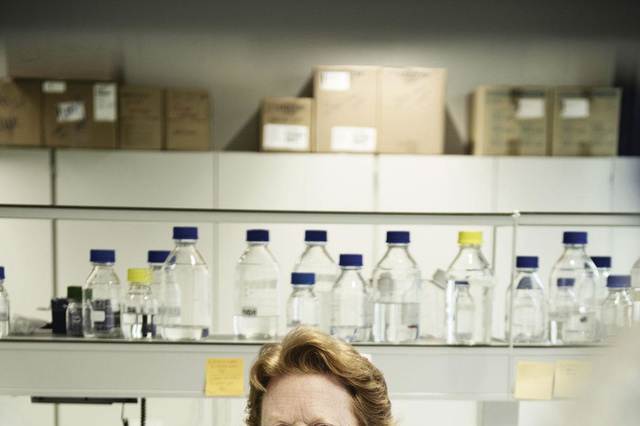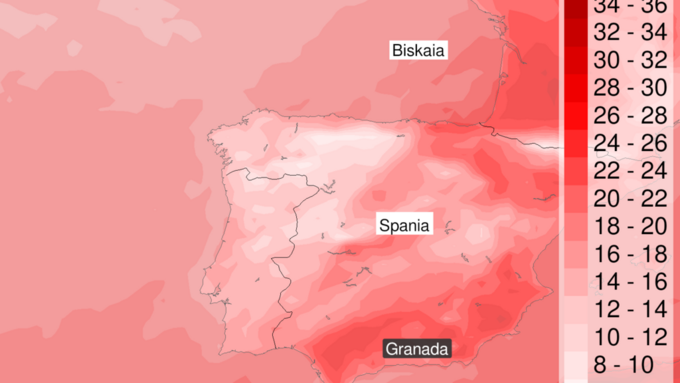In this section we propose a scientist whose work could become important for the economy. Brain researcher Pierre Vanderhaeghen is first and foremost a great scientist, but he also loves singing. Last year he received a prestigious € 2.5 million European scholarship from the European Research Council.
Why do you need to know this scientist?
…
Why do you need to know this scientist? The French speaker Pierre Vanderhaeghen (55) is one of the leading Belgian scientists. He works at the Leuven Gasthuisberg campus, where he directs the Laboratory for Stem Cell and Developmental Neurobiology, part of the VIB-KU Leuven Center for Brain Research. He also has a small research group at the French-speaking ULB. After his medical studies and his doctorate in Brussels, Vanderhaeghen went to Harvard Medical School in the United States. He first returned to Brussels, but moved to the Flemish Institute of Biotechnology (VIB) in 2018. “I can start more collaborations with other brain researchers there,” motivates his choice. What is the research about? Vanderhaeghen studies the evolution of the cerebral cortex. For example, he has developed a technique to study the development of brain cells into stem cells derived from skin cells. This is done entirely in a petri dish. This has proved to be a good platform for research into neurodegenerative diseases such as Alzheimer’s and schizophrenia. He discovered specific genes for the development of the human brain. “We understand development better now, but developing new diagnostic or therapeutic tools is not our field,” he says. Furthermore, Vanderhaeghen found that there is an intrinsic program for creating our neurons, intrinsic choroticogenesis. In humans, cognitive development takes eighteen years, while in other mammals it is only weeks or months. The general hypothesis among biologists is that prolonged exposure to the environment during that cognitive process explains why our brains are such complex computers. Through experiments with mice, Vanderhaeghen demonstrated that this development process is controlled by genes. So there is an intrinsic clock or hourglass for our brain development. How big is the international reputation? In 2008 Vanderhaeghen experienced his eureka moment with intrinsic corticogenesis. “The recognition didn’t come immediately,” he looks back. “But that’s fine with me: scientists should be skeptical.” Meanwhile, Vanderhaeghen is regarded as one of the founding fathers of modern brain research. Last year he received a prestigious € 2.5 million European scholarship from the European Research Council. Are there any economic applications? Vanderhaeghen is very focused on basic research. “My passion is trying to understand things,” he says. “That’s why I didn’t choose a life as a doctor, but for a life as a researcher”. For the moment there are no spin-offs, but this does not mean that the enhancement of research is impossible. Petri dish technology has led to industrial contracts for the pharmaceutical industry. The technology is now widely used there. “We had a patent, so we didn’t lose all potential. I didn’t have time for a spin-off at the time and there wasn’t enough incentive in my area to do it.” It would probably be different now, says Vanderhaehen. Not only him, the VIB also has that ambition. So there will probably be a spin-off around a more recent breakthrough someday. For example, the group studying the hourglass mechanism in our brain development has two patents. “We have found some substances that can affect the speed of the hourglass,” he says. “We still don’t know if this mechanism also plays a role in the aging process. If so, you can influence life expectancy.” Where do you get your motivation from? Vanderhaeghen finds the counterweight to his academic thinking in music. “I sing in the cover band Fucking Comeback,” he laughs. “We play nineties rock. Music is a passion and an outlet, but also a way to enjoy good times with friends. Rock ‘n’ roll is intense, but it doesn’t have to be perfect. Completely different: there is no there is room for compromise “.


